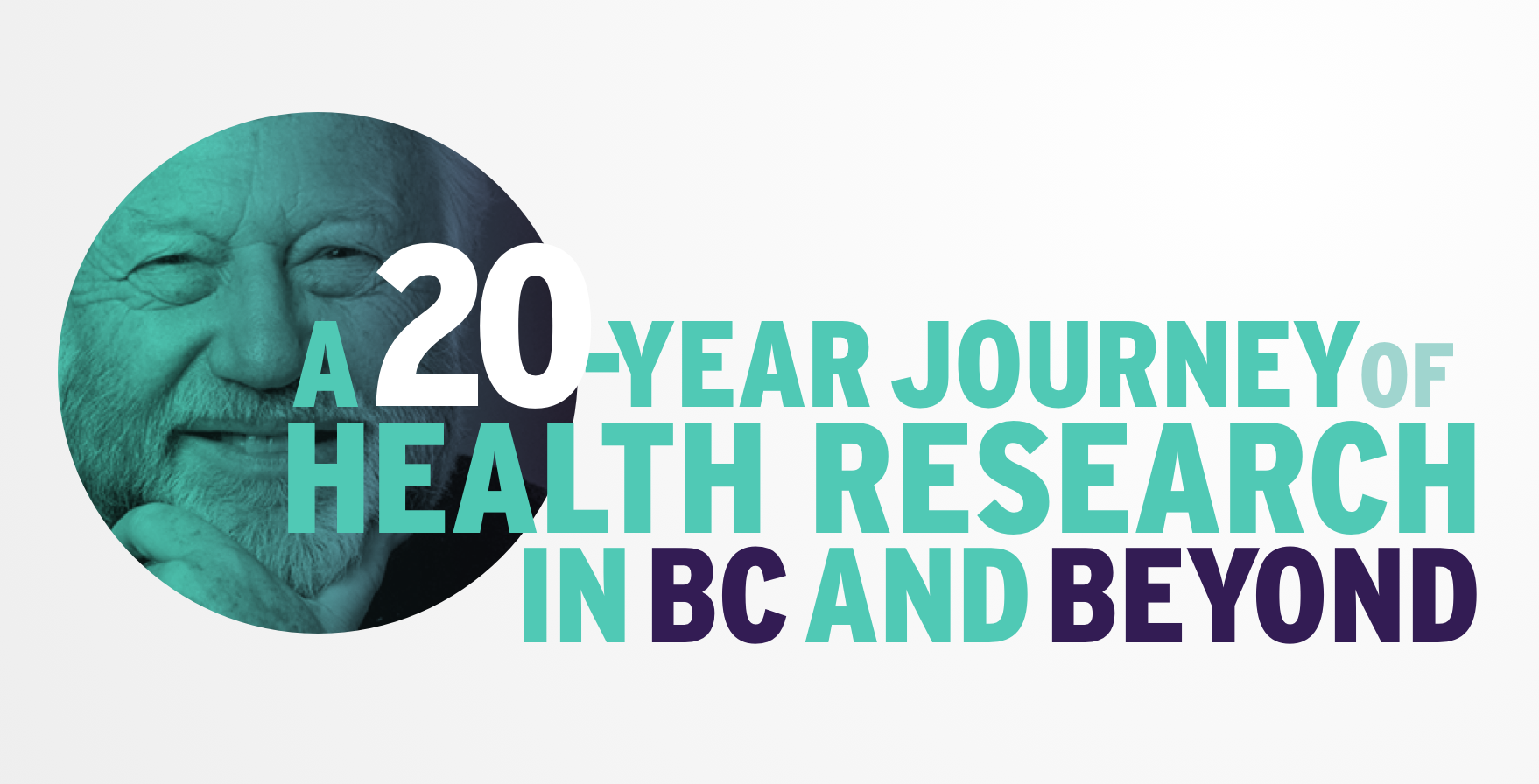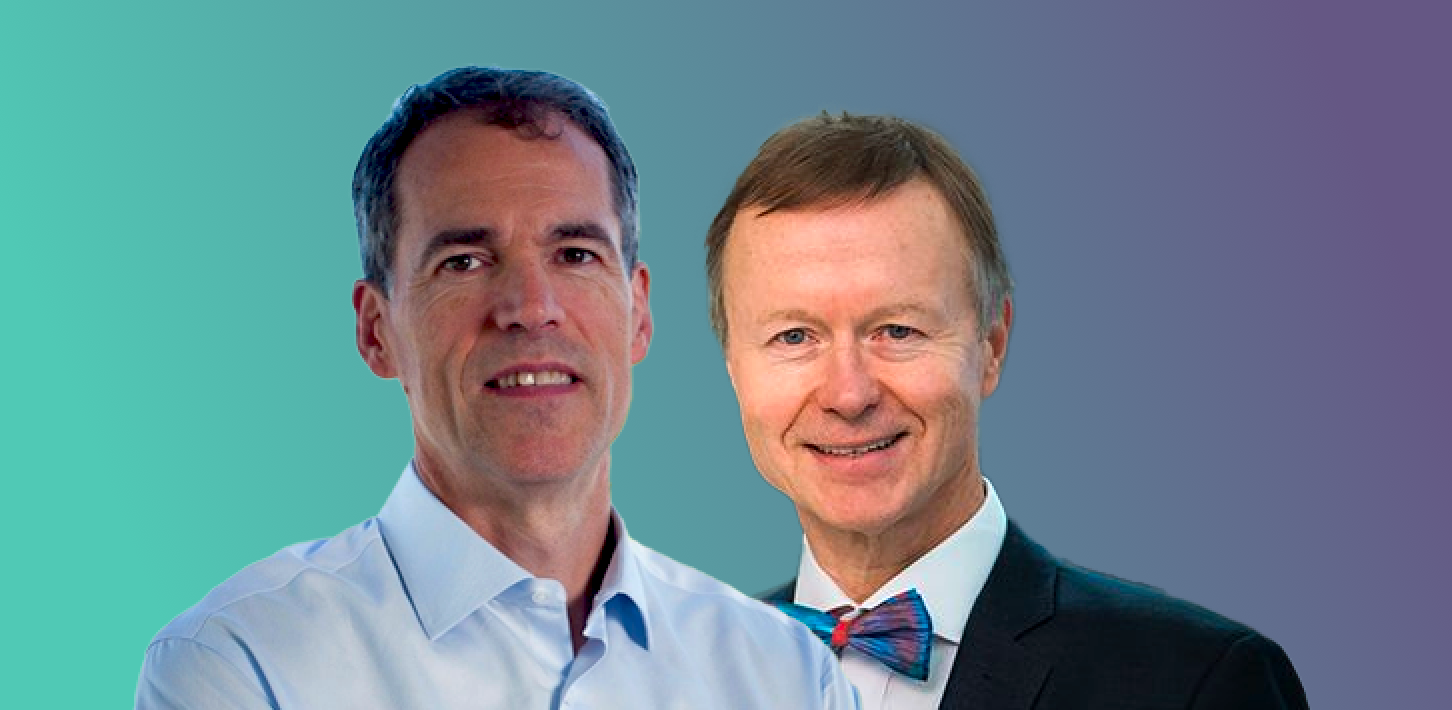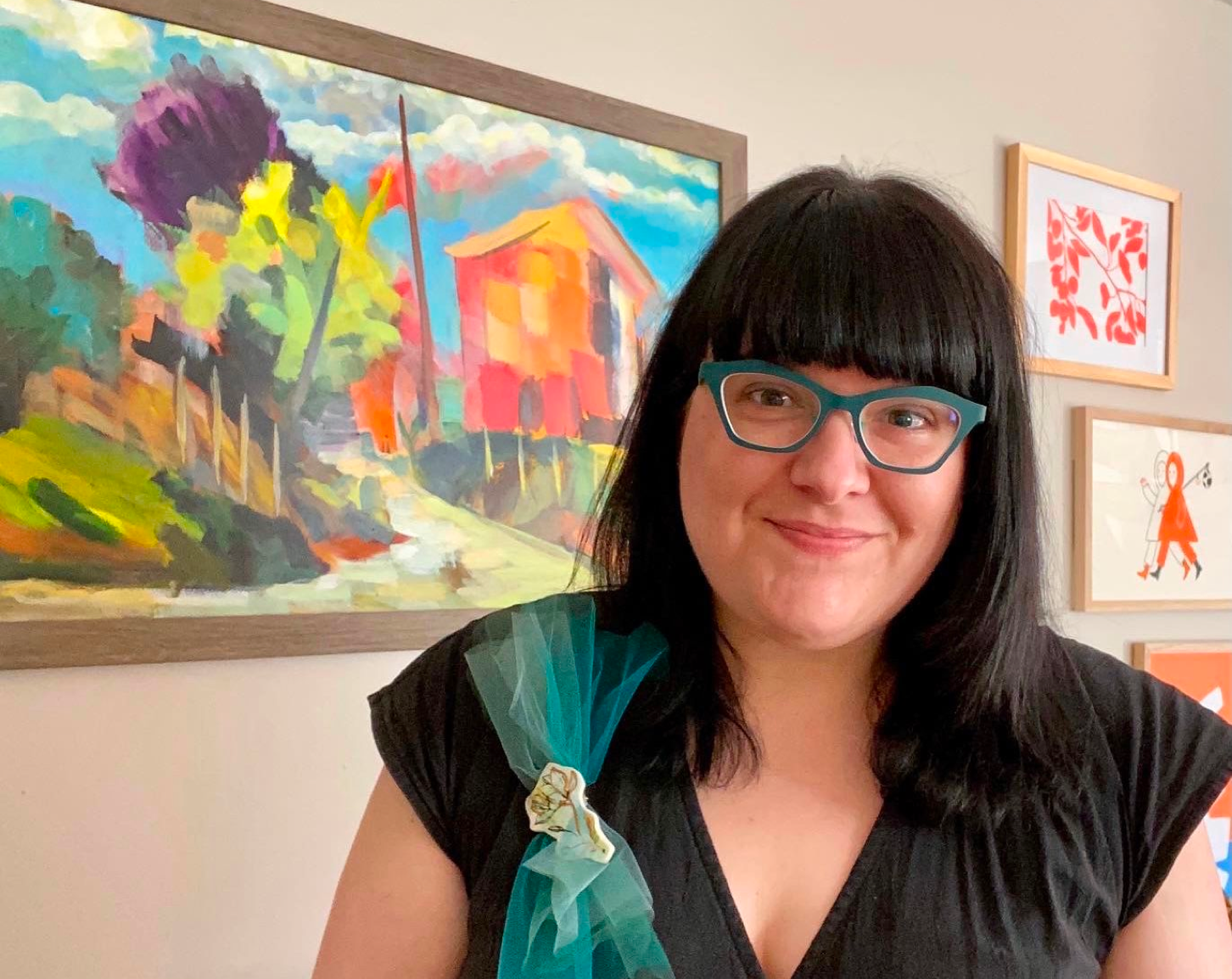A 20-year journey of health research in BC: Improving access to health information
1 June 2021
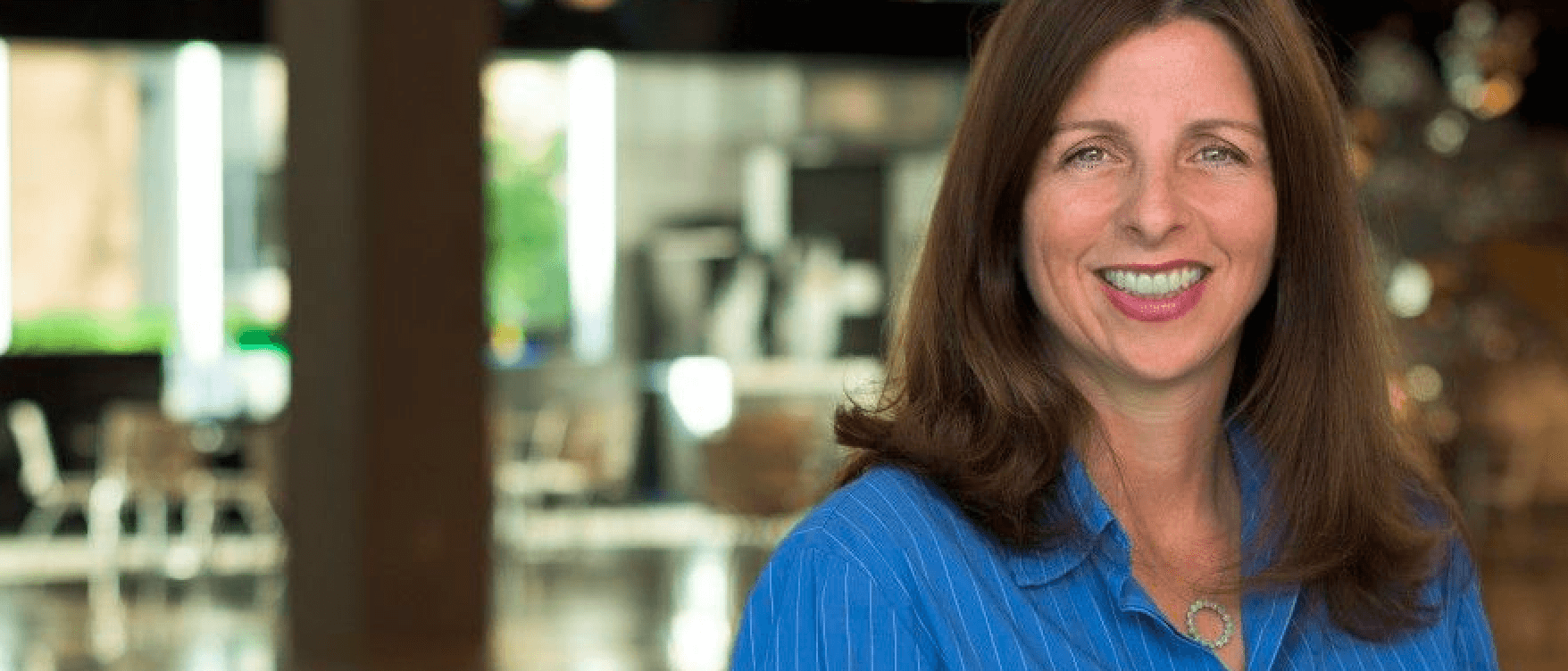
Dr. Sandra Jarvis-Selinger. Photo credit: UBC

Dr. Sandra Jarvis-Selinger: Improving access to health information
It was 2008, one year after Apple released the first revolutionary iPhone, and two years after Facebook expanded beyond its post-secondary virtual home. The use of technology was on the rise, and Dr. Sandra Jarvis-Selinger and her team at UBC were working closely with the Ktunaxa Nation to re-imagine the use of technology in the community to increase access to traditional and clinical health knowledge.
Supported by UBC and Canadian Institutes of Health Research (CIHR), the Ktunaxa Nation (pronounced “tu-na-ha”) in southeastern BC brought computers to four Community Learning Centres (CLC) created in Akisqnuk, Aqam, Lower Kootenay and Tobacco Plains. With a PhD in human learning and instruction, Sandra was eager to see how the community would embrace the technology-enabled health education sites.
“They began to look for all kinds of trusted resources around health; this digital literacy, ability to vet information, and sharing traditional learning became very important to all community members.”
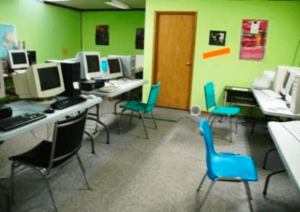
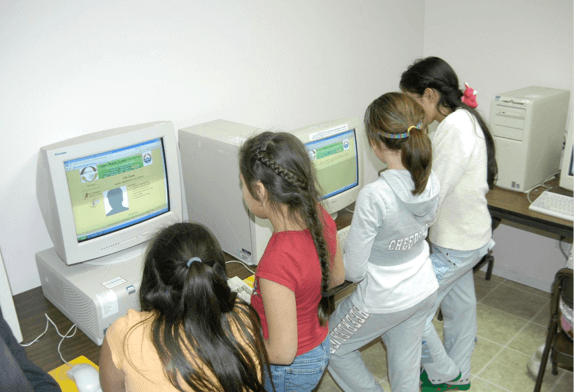
It was a vision that was starting to take shape at MSFHR. As BC’s health funding agency, the process of putting research knowledge into practice — also known as knowledge translation — was well supported within the organization. Recognizing this innovative knowledge translation approach, Sandra won the MSFHR Scholar award in 2008 to work with her UBC team and community partners to co-develop community-specific evaluations of the Ktunaxa CLCs and their impact on community wellness. The Ktunaxa CLC project team included Don Maki, Nigel Warden, Lisa Jimmie, James White and Brandy Joe from the Ktuanxa Nation, and Sandra, Kendall Ho, Helen Novak Lauscher, Elizabeth Stacy and Katherine Wisener from UBC.
“This project increased connectivity and created the opportunity for the community to come together,” she says. “At the CLCs, we started to see the ability of technology to speed up the process of knowledge translation. For example, youth were really interested in getting the elders to come in and talk about the use of local traditional medicine and share their stories. They then put web pages together to share that knowledge. It was a generational connection that brought the community together. The community made each CLC work the way they wanted it to work.”
“Technology-enabled knowledge translation has become a more recognized part of the research process. It was innovative then, but it is now very much embedded.”
Sandra reflects that the community was overwhelmingly supportive of the initiative, with elders coming in to the CLCs to talk about traditional medicine but then staying around to learn how to use the computer and search for information. “They began to look for all kinds of trusted resources around health; this digital literacy, ability to vet information, and sharing of traditional learning became very important to all community members.”
In 2009, the BC Rural and Remote Health Research Network, another MSFHR-funded initiative, provided additional support to the CLCs to hold weekly meetings with each other and with their partners via Webex. (Citation)
A few years later, Sandra was teaching an online telehealth course and spoke about the CLC project. This sparked the interest of attendee Tom Sparrow, a director overseeing public works projects in Yukon and Northern BC for the Government of Canada, who invited her up to the Yukon to introduce the CLC concept to community partners. There are now 14 CLCs that were started in the Yukon, using the same methodology and applied research practices used in the original Ktunaxa CLCs. Community members from the Ktunaxa Nation and UBC team members assisted Yukon CLC partners Lori Duncan, Jody Butler-Walker and Teslin Tlingit Council in the development of the Yukon centres.
Now the Associate Dean, Academic at the Faculty of Pharmaceutical Sciences at UBC, Sandra recognizes the MSFHR funding for the CLCs as a turning point for other projects that created opportunities, realities and connections for First Nations communities in BC. In 2010, with funding from CIHR and UBC, she and her team created Aboriginal eMentoring BC to encourage Aboriginal youth to pursue careers in the health sciences by connecting them to health sciences students in a near-peer mentoring model. The program was expanded in 2016 to include youth in rural, remote and underserved communities, in addition to First Nations communities.
While the Ktunaxa CLCs have evolved to be less dependent on the physical locations, the CLC model helped move knowledge forward, improving access to information to help the community make informed health decisions.
“We were one of the first research units that was asked to talk about knowledge translation,” Sandra reflects. “Technology-enabled knowledge translation has become a more recognized part of the research process. It was innovative then, but it is now very much embedded.”
Learn more:
Ktunaxa Community Learning Centres: Unique Community Perspectives on the Development of Health Education (Research Gate, January 2012)
Akisqnuk Community Learning Centre Site (Archived)
6 Canadians Who are Making a Difference (Canadian Living, March 2015)



